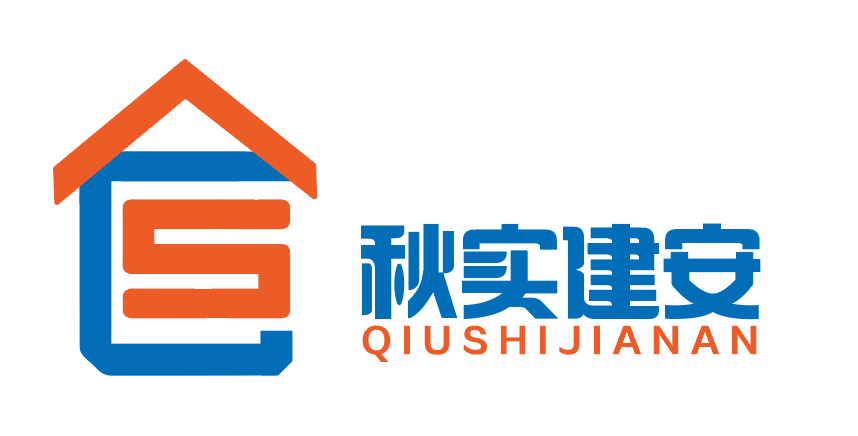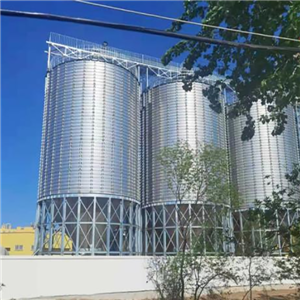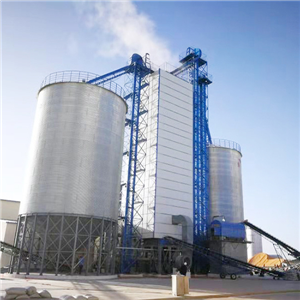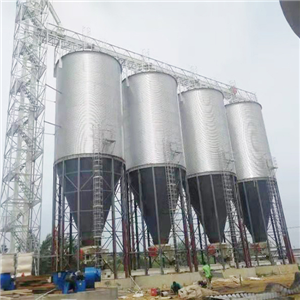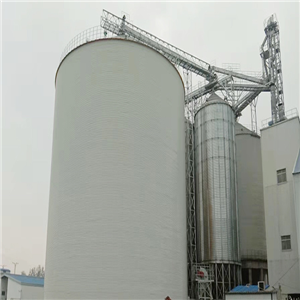The Imperative of Pre-Storage Grain Cleaning
The Hidden Threats of Impurities in Grain
Physical Debris: Stalks, stones, broken kernels, and metal fragments, which can damage storage and processing equipment.
Biological Contaminants: Weeds, mold spores, and insect larvae that accelerate grain spoilage.
Foreign Particles: Soil, dust, and chemical residues that compromise food safety and marketability.
Vibratory Screens: The First Line of Defense
Size-Based Sorting: Through multi-layered mesh decks, these screens efficiently sift grains, removing oversized debris (e.g., stones, clumps) and undersized particles (e.g., dust, broken kernels).
Density Separation: Inclined vibrating conveyors can separate grains from lighter contaminants (such as straw) by adjusting vibration intensity and angle.
Continuous Processing: High-capacity models handle up to 100 tons per hour, ensuring rapid throughput without compromising cleaning quality.
Beyond Screens: The Comprehensive Cleaning Ecosystem
Aspirators: Pneumatic systems remove lightweight impurities (e.g., chaff, dust) through controlled airflow, reducing airborne contaminants in storage facilities.
Magnetic Separators: Installed along conveyor lines, these devices capture ferrous metals (e.g., nails, bolts), protecting downstream machinery from costly damage.
Gravity Separators: Utilize density differences to isolate weed seeds and broken grains, improving the overall purity of stored commodities.
The Ripple Effects of Effective Grain Cleaning
Quality Preservation: Removing contaminants reduces moisture-related risks (e.g., mold growth), extending grain shelf life by up to 30%.
Operational Efficiency: Cleaner grains minimize wear on storage conveyors, elevators, and processing machinery, slashing maintenance costs by 25–35%.
Market Competitiveness: Meeting strict purity standards enhances market access, enabling producers to command premium prices for high-quality commodities.
Food Safety Assurance: Eliminating chemical residues and biological threats safeguards consumer health, aligning with global food safety regulations (e.g., HACCP, ISO 22000).
LIAONING QIUSHI’s Commitment to Innovation
Smart Screens: IoT-enabled vibratory screens with real-time monitoring adjust settings automatically based on feedstock variability.
Energy-Efficient Designs: Advanced vibration motors reduce power consumption by 20% compared to traditional models.
Customized Configurations: Tailored cleaning systems accommodate diverse grain types (e.g., wheat, rice, soybeans) and regional processing requirements.
